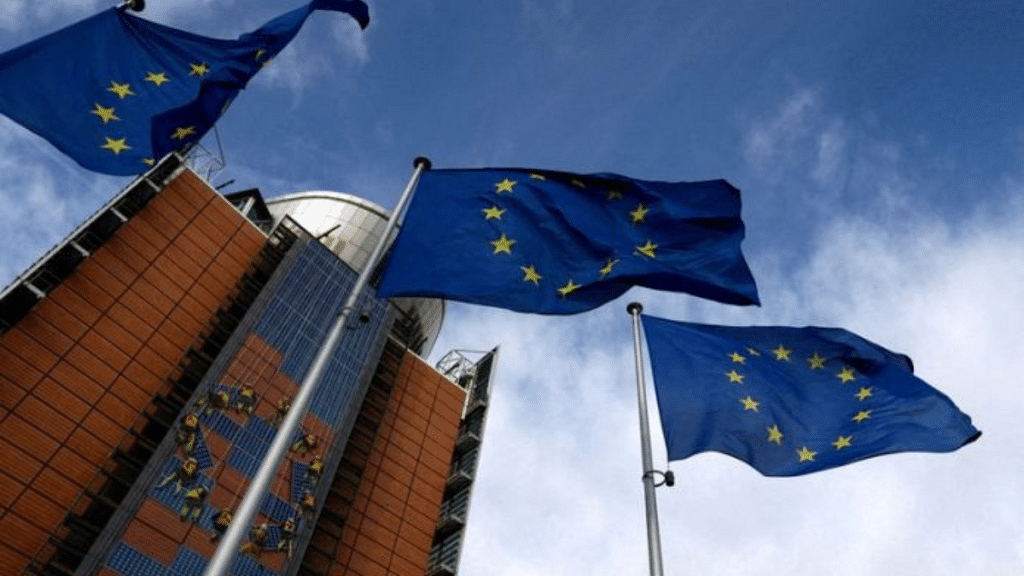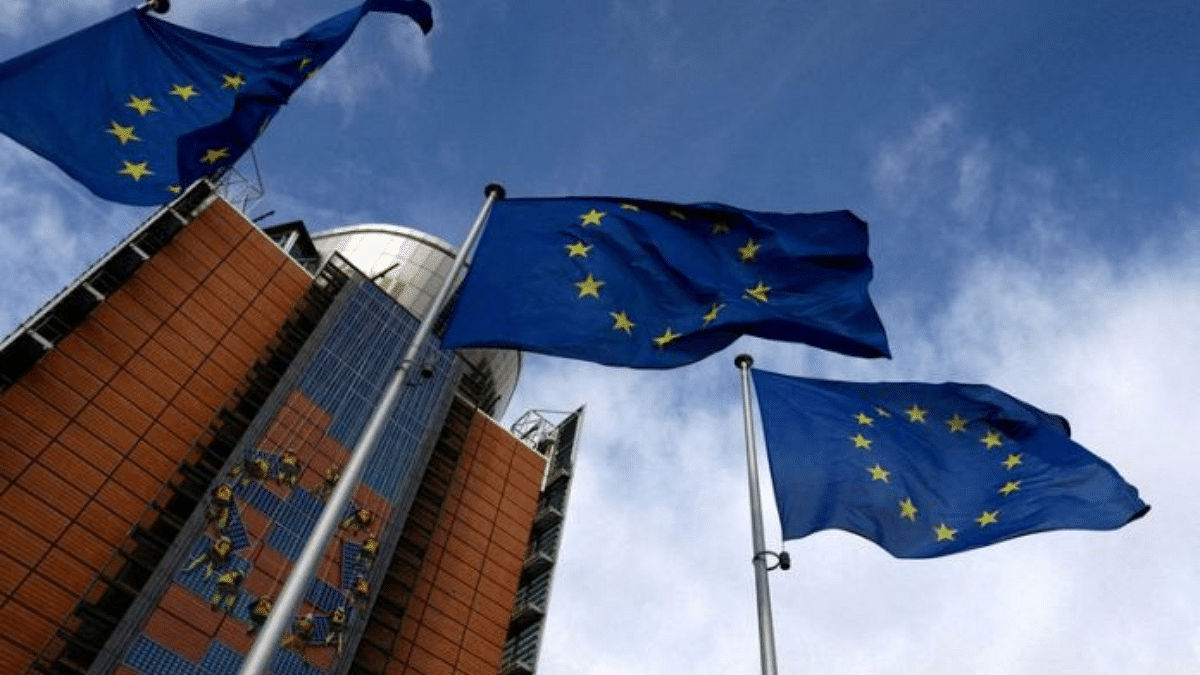
European Union flags flutter outside the EU Commission headquarters, in Brussels, Belgium | File Photo: Reuters
The European Union has passed new regulations requiring the EU market to be free of deforestation-free products. The regulation has serious implications for smallholder farmers in Cameroon who depend on cocoa and coffee exports.
The regulations introduce a number of requirements, including the prohibition of imports to the EU market of commodities that were produced illegally, particularly those from land deforested after 31 December 2020, or those that are not traceable. Geolocation transparency requirements are one of the most challenging demands for smallholder farmers, who represent the vast majority of Cameroon’s 700,000 coffee and cocoa producers. The project will tackle their disadvantage in relation to larger farms.
The Cameroon Coffee and Cocoa Development Fund (FODECC) currently manages a direct funding mechanism for cocoa and coffee producers called ‘Guichet Producteurs’. With an annual funding of 12 million euros coming from Cameroon’s national resources through a national levy on cocoa and coffee exports, FODECC has already enrolled 223,000 small-scale producers in Cameroon.
The Ministry of Economy, Planning and Land Planning of Cameroon (MINEPAT) leads the Cameroon-CAFI partnership. The project is being implemented by the International Fund for Agricultural Development (IFAD) in collaboration with FODECC and the Cameroon government. The funding is provided by CAFI, the International Forest Unit for the UK government (CAFI’s current Chair).

